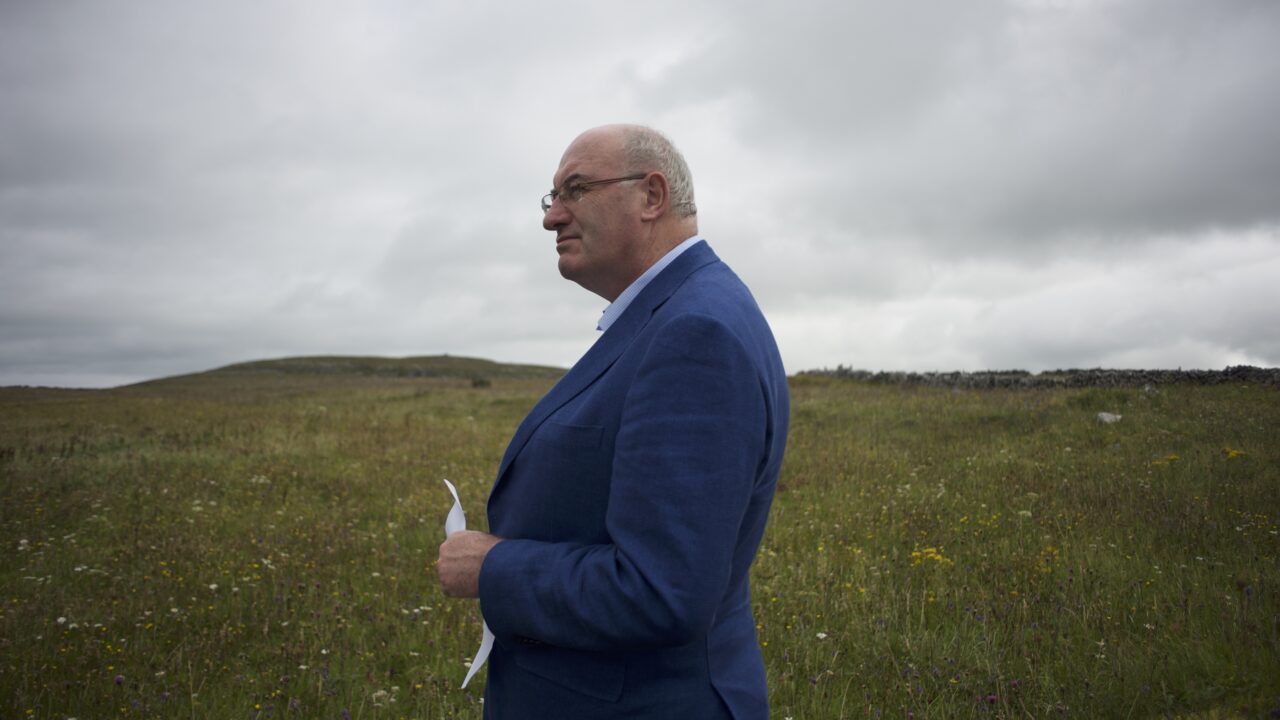Reducing CAP support for larger farms through degressive payments is one of the key options the EU is considering under reform of the Common Agriculture Policy (CAP).
Speaking to AgriLand this week, EU Commissioner for Agriculture and Rural Affairs, Phil Hogan, stated that the commission is examining a number of possibilities to ensure improved income to all farmers across Europe.
The inside track comes as the Department of Agriculture carries out a series of public consultation meetings in a nationwide roadshow on the future of CAP.
Reflecting on 2015 – the first year that the previous CAP reforms came into force – the commissioner says the distribution of 80% of direct payments to 20% of EU farmers “fuelled” the current debate on the fairness of the subsidies system.
However, looking behind the figures, the commissioner states that the picture is “somewhat different”.
The figures reflect the concentration of land ownership. Since direct payments are based not on what a farmer produces; but, the size of their holding, this distribution of payments is a natural consequence.
“Perhaps more importantly, it is worth noting that more than half of the beneficiaries of CAP direct payments are very small farms; while most of the payments go to medium-sized professional family farms,” he said.
Ensuring greater fairness between EU member states, no matter what their size or geographical location, is a key demand of CAP reform.
Hogan agrees that this should be carried out through a more balanced distribution of supports.
“The commission is looking at a number of possibilities, which include a compulsory capping of direct payments, taking into account labour to avoid negative effects on jobs.
However, there are other possibilities which may also ensure a fair and better targeted support of farmers’ income, including degressive payments as a way of reducing the support for larger farms.
Enhanced focus on a redistribution payment in order to be able to provide support in a targeted manner, for example to small sized farms, is also being considered, according to Hogan.
“This could also ensure that support is targeted to genuine farmers – focusing on those who are actively farming in order to earn their living,” he said.
‘Tailor-made approach’
A results-based approach to tackling climate change is central to the policy reform post-2020; as well as encouraging the next generation of farmers to enter the profession.
“Our proposal is to continue to set the over-arching objectives of the CAP at EU level. This would include what we want to achieve for farmers; for rural communities; for the environment; for climate change; for society as a whole.
“We would then propose to agree with the member states, the measures that they would propose to use to achieve these EU objectives,” he said.
“Moving from a one-size-fits-all to a more tailor-made approach will considerably reduce the administrative burden on farmers.
“Instead, each member state will draw up its own CAP strategic plan based on its own needs on the ground, which will be approved at EU level, and then monitored and evaluated to ensure it does what is needed,” he said.
The Department of Agriculture’s eight-week consultation process on CAP reform – headed by Minister for Agriculture, Food and the Marine, Michael Creed and Minister of State for Food, Forestry and Horticulture, Andrew Doyle – commenced on January 26 and will run until March 23.
